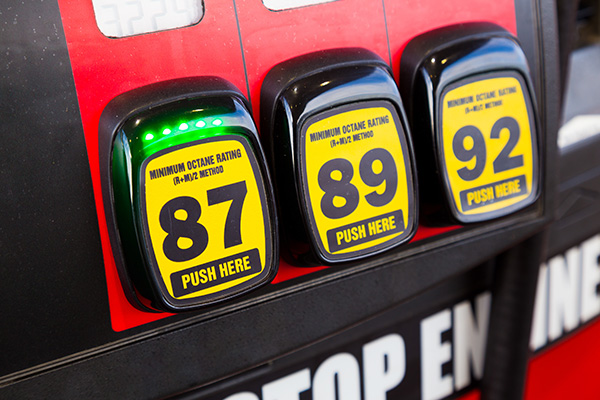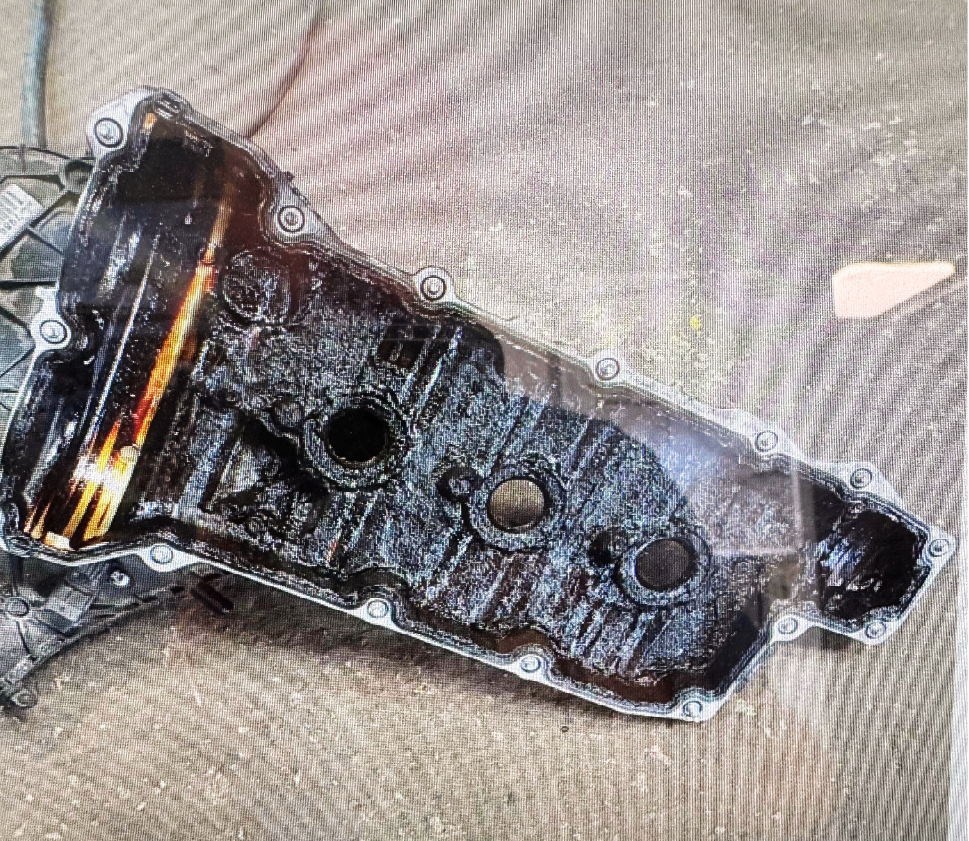Posted on 3/28/2025

Gas prices can fluctuate, and when they’re high, it’s tempting to save money by filling up with regular gas instead of premium—especially if your car’s manual says “premium recommended” rather than “premium required.” But does using regular gas in a premium-fuel vehicle actually harm the engine, or is it just a myth? Many drivers assume that premium fuel is just a marketing gimmick, but the truth is that some engines are designed to run on higher-octane fuel for a reason. Knowing what happens when you use regular instead of premium will help you decide whether it’s worth the risk. What’s the Difference Between Regular and Premium Gas The main difference between regular and premium gasoline is the octane rating. Regular gas typically has an 87 octane rating, while premium gas ranges from 91 to 93 octane. The octane rating measures how resistant the fuel is to pre-ignition, also known as engine kn ... read more
Posted on 3/3/2025

Why Changing Your Oil on Time is Critical for Your Engine’s Health When it comes to vehicle maintenance, one of the most essential yet often overlooked services is an oil change. Many car owners delay this crucial task, believing it’s not a big deal to push past the recommended interval. However, failing to change your oil on time can have catastrophic effects on your engine, leading to costly repairs or even complete engine failure. What Happens When You Skip an Oil Change? Oil is the lifeblood of your engine, providing essential lubrication to reduce friction between moving parts. Over time, oil breaks down, losing its effectiveness and becoming contaminated with dirt, debris, and combustion byproducts. When you don’t change your oil on schedule, you risk: Increased Engine Wear & Tear – Old oil loses its lubricating properties, allowing metal components to grind against each other, causing premature we ... read more